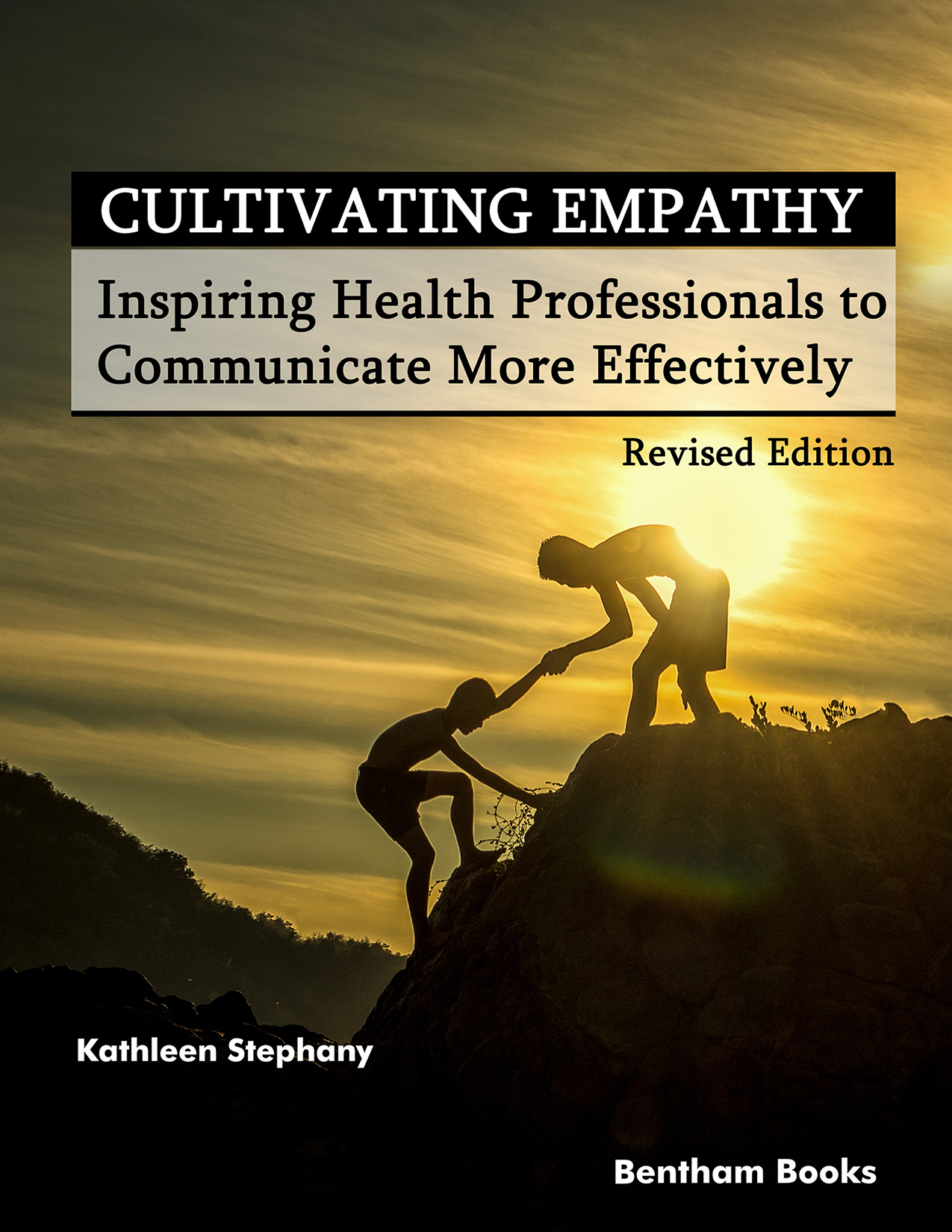Introduction
Research demonstrates that even if empathy – the capacity to perceive or share emotions with other beings or objects – is not part of a person’s communication skill set, it can be taught. Empathy can, therefore be viewed as an acquired communication skill. Cultivating and practicing the skill of empathy among health care providers enhances the quality of care experienced by their patients which, in turn, can even improve work satisfaction for health care providers.
Many communication textbooks or manuals for care giving professions primarily focus on specific communication skills and techniques. Cultivating Empathy takes a different approach; the book sets empathy as the foundation of all therapeutic interactions and teaches the reader to learn the art of empathy by using constructive approaches and research findings from social sciences and neuroscience.
In this revised edition. The definition of empathy now incorporates more scientific evidence from the social neuroscience and a discussion of the benefits of positive psychology. The topic of substance use has been incorporated into the original content, with notes emphasizing on barriers to treatment and recommendations for therapeutic modalities that support recovery. The positive and negative effects of social media on empathic capacity are frankly discussed. Chapter Seven is completely new and heightens our understanding of the fact that trauma is prevalent and pervasive in society and has significant negative consequences. The reader is made aware that even though health professionals have frequent contact with people who have a history of violence, many of them are not trained or adequately prepared to discuss trauma with their clients. Therefore, crucial components of a trauma-sensitive practice and trauma-informed approaches are promoted to treat the devastating effects of adversity. There is also a cost to caring for others and being empathetic. That is why Chapter Eight of this book specifically explores the trauma and emotional stress associated with being a caregiver.
Cultivating Empathy is perfect for any student or practicing health care professional who has felt that there was an absence of rapport when interacting with clients or patients and their families. Real case narratives, dynamic interactive exercises and simulation techniques are also provided in this text to assist helpers to learn how to be more empathetic. Readers will gain awareness about human and emotional aspects of patient care, which will hopefully make a positive contribution to their professional practice.

